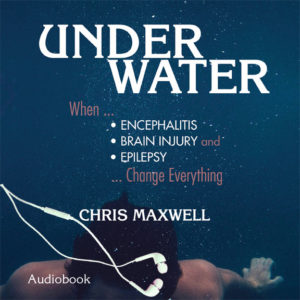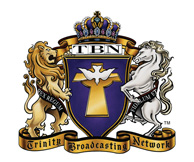Everyone should know a little Latin. Here’s one for you: Lectio Divina. It means “divine reading,” and refers to a practice of reading the Bible that enables a person to enter into the text in such a way as to more clearly hear the voice of God, and be transformed by that voice.
With roots going back to early Christianity in the 6th century, this pattern of reading the Bible continually developed among monks and priests in the life of the church. By the 12th century a four-step process had developed which remain today.

The four steps are, and here comes some more Latin, Lectio, Meditatio, Oratio, Contemplatio.
The first step is Lectio, read. The simple task of reading the Bible requires the ability to focus a period of time. It also requires a sense of how to read the Bible. One of my favorite ways is to use a Lectionary. I use this Lectionary to help me read the breadth of Scripture with some degree of focus:
https://fwdioc.org/liturgical-calendar-2019.pdf. For instance, the lectionary tells us that the church calendar begins with Advent, not January 1st. Advent in 2018 begins on December 2nd, and carries us into 2019.
Of course, you can choose to read various books of the Bible or read the Bible straight through. I’ve done both and it’s a matter of preference, time, and commitment.
The second step is Meditatio, mediate on what you have read. This is not a speed reading contest. You’re not competing with anyone. It’s an intentional slowing down of the body, the mind, the emotions, the spirit. It’s a waiting upon the text. Questions of meaning and interpretation may arise. Those answers require the intellect to act. But once that has occurred, one should still let the text roll over in the heart and mind.
The third step is Oratio, prayer. We are often like the disciples who asked Jesus, “Lord, teach us how to pray” (Luke 11:1-13). We learn to pray the text. The Bible is God’s invitation to pray His Word. Bonhoeffer called the Psalms “the prayer book of Jesus Christ.” If you wonder what Jesus prayed, then read and pray the Psalms. The words of the Bible challenge, comfort, and confront us. They invite us to put them into our heart, our mind, our mouth, and pray God’s Word back to Him as our prayers.
Finally, we enter into Contemplatio, contemplation. This is more than mysticism where the spirit is open to anything. Rather, it is the life-giving Word of God that is the source of our contemplation. The Word brings us into the very nature of God Himself, revealed in Jesus Christ: He is love, He is holy. Contemplation moves our stress driven lives into spiritual awareness of the majestic holy love of God. It is an entrance into Holy Spirit transformation of our inner self through the Word of God.










Paul and I read the Psalter out of the Book of Common Prayer every morning and evening. It awakens our minds to the word of God in Psalms which Jesus often quoted. But, all four steps of the Lecto Divina is necessary for the growth of believers. I’m thankful for Dr. Beacham’s leadership as our pastor of the Franklin Springs IPHC for 12 years as he taught us the value of Holy Spirit led study of the Scriptures. How our culture needs this transformation from “me-ism” to “He-ism!”